Article Topics
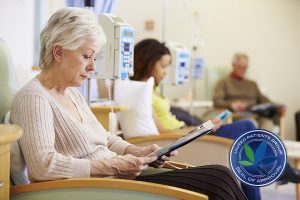 By now most of us probably know that research and anecdata (referenced in our last blog as anecdotal evidence based on personal observations and experiences) strongly suggests that cannabis has the ability to heal cancer. It is a powerful phytonutrient and superfood with hundreds of healing substances within it. Indeed, thousands of individuals each year use it alone or in conjunction with other natural modalities for the healing of various cancers and studies have found that it has been linked to tumor reduction and apoptosis in breast, lung, prostate, colon and a variety of other cancers.
By now most of us probably know that research and anecdata (referenced in our last blog as anecdotal evidence based on personal observations and experiences) strongly suggests that cannabis has the ability to heal cancer. It is a powerful phytonutrient and superfood with hundreds of healing substances within it. Indeed, thousands of individuals each year use it alone or in conjunction with other natural modalities for the healing of various cancers and studies have found that it has been linked to tumor reduction and apoptosis in breast, lung, prostate, colon and a variety of other cancers.
The cancer journey is a highly personal one, however. After a diagnosis, it is up to YOU to decide what course of action is right for you. If you determine that traditional cancer therapy—chemotherapy, radiation and surgery or a combination of the three— will be part of your protocol, you may be wondering if cannabis therapy can also play a part in your overall plan. The answer will be absolutely YES! Research shows that marijuana in various forms is a great adjunct for system relief as well as healing after these rather invasive procedures. Traditional cancer therapies are designed, unfortunately, to not only kill cancer cells but healthy cells as well. Research has also confirmed that a typical course of chemotherapy can significantly lower overall immune system function. Cannabis can not only relieve symptoms of conventional treatments, it can also be one of the factors that can help restore your body back to health.
What are the benefits of cannabis during chemotherapy?
The fact that cannabis can help with symptom relief for traditional cancer patients is nothing new. In fact, a recent study done in Israel which followed 200 traditionally-treated cancer patients found that cannabis use led to “significant improvements” in symptoms overall, including the symptoms and immediate side effects of chemotherapy. In fact, according to the National Cancer Society (NCS), cannabis may help relieve the following symptoms of chemotherapy:
- nausea and vomiting
- loss of appetite
- fatigue
- itchiness and rash
- nerve damage and pain associated with neuropathy
- generalized pain
- emotional imbalance and mood issues, including anxiety and depression
The NCS website also mentions Dronabinol, which has been approved by the FDA to treat “some conditions.” This synthetic version of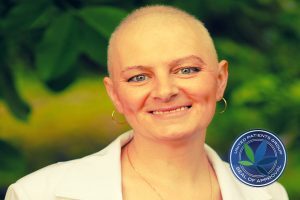 marijuana, also known under the prescription drug name Marinol, has proven to be less effective than natural marijuana, however, for symptom relief. This makes sense since the whole plant or plant oil consumed the way nature intended it contains not only THC and CBD, but terpenes, phytonutrients, antioxidants and host of other substances that all work synergistically for not only symptom relief but also to help with overall health and balance. Marinol has also been linked to certain side effects, especially neurological issues and, in some cases, seizure.
marijuana, also known under the prescription drug name Marinol, has proven to be less effective than natural marijuana, however, for symptom relief. This makes sense since the whole plant or plant oil consumed the way nature intended it contains not only THC and CBD, but terpenes, phytonutrients, antioxidants and host of other substances that all work synergistically for not only symptom relief but also to help with overall health and balance. Marinol has also been linked to certain side effects, especially neurological issues and, in some cases, seizure.
One question that may come up for you if you are considering using cannabis while you are also getting chemo or radiation treatment is what to do if your oncologist discourages its use as it “may interfere with the treatment.” Again, it is a personal choice whether to take this advice or not. However, it should be noted that many individuals use marijuana in just this way with no negative side effects on their treatment. In addition, many physicians in legal medical marijuana states recommend it.
“I could write six different prescriptions, all of which may interact with each other or the chemotherapy that the patient has been prescribed,” Dr. Donald Abrams, Chief of Hematology-oncology at San Francisco General Hospital, said in a recent article for Newsweek, “Or I could just recommend trying one medicine.” What is that one medicine Dr. Abrams would prefer to recommend? Cannabis.
Can cannabis help restore health after chemotherapy?
 Perhaps the biggest negative impact chemotherapy has is what it does to the body’s overall health after the fact. The majority of individuals who undergo treatment will experience a reduction in immune system function for months and sometimes years to come. A 2016 report published in the journal Breast Cancer Research found that chemotherapy led to long-term changes in the immune system, including lower than average levels of lymphocytes and natural killer cells (also known as NK cells, K cells and killer cells), immune system substances whose job it is to destroy pathogens like cancer cells.
Perhaps the biggest negative impact chemotherapy has is what it does to the body’s overall health after the fact. The majority of individuals who undergo treatment will experience a reduction in immune system function for months and sometimes years to come. A 2016 report published in the journal Breast Cancer Research found that chemotherapy led to long-term changes in the immune system, including lower than average levels of lymphocytes and natural killer cells (also known as NK cells, K cells and killer cells), immune system substances whose job it is to destroy pathogens like cancer cells.
A subtle yet vital part of our immune system is the endocannabinoid system, which helps the body to achieve homoestasis and balance. Because of the various stressors most of us face on a daily basis, most individuals in general are depleted when it comes to this system. After an individual undergoes chemotherapy or radiation treatment (or is on opioid drugs temporarily after surgery), the endocannabinoid system may be severely compromised. Moderate and consistent cannabinoid therapy can help to restore the endocannabinoid system after the shock and drain of chemotherapy.
Perhaps the biggest fear that exists for anyone who has ever had a cancer diagnosis is reoccurrence. A decrease in endocannabinoids may increase cancer cell tumor production, according to 2008 preclinical trial conducted with colon cancer cells by researchers at MD Anderson Cancer Center in Texas. This and similar research is significant because it indicates that cannabinoid therapy could be cancer preventative.
In addition, endocannabinoids have shown to calm the immune system and inhibit inflammatory markers and responses. Reducing inflammation is key in increasing health overall and calming the system allows other immune-boosting therapies to do their job.
Finally, the cannabis plant in particular is chock full of phytonutrients, antioxidants, anti-inflammatory substances and neuroprotectants, which are all of great benefit when you are working towards regaining health after chemo. One way to get these benefits (as well as the health benefits associated with THC) without the high is to juice the raw marijuana leaf itself, since the psychoactive effects of THC are only “turned on” through drying or heat.
Oncologists are getting on board with medical cannabis symptom relief
As medical marijuana use becomes more commonplace, more doctors are discovering how cannabis can be a helpful and integrative adjunct to their practices. This includes oncologists, who are beginning to see its positive effect on the symptoms associated with chemotherapy. In fact, a Harvard study done over fifteen years ago found that 44 percent of traditional oncologists advised marijuana use for their patients. A more recent study found that nearly half of all physicians surveyed supported the legalization of marijuana for medical use. Given the current political climate on the issue, it is safe to say that more oncologists than ever will be open to cannabis use. This is great news for you, if you decide to use marijuana for symptom relief and immune system boosting while you also use traditional modalities as part of your cancer protocol.
DONATE!! United Patients Group is committed to bringing education and awareness to healthcare providers and others in the area of cannabinoid medicine – please help support our outreach and cannabinoid curriculum events by making a donation today!

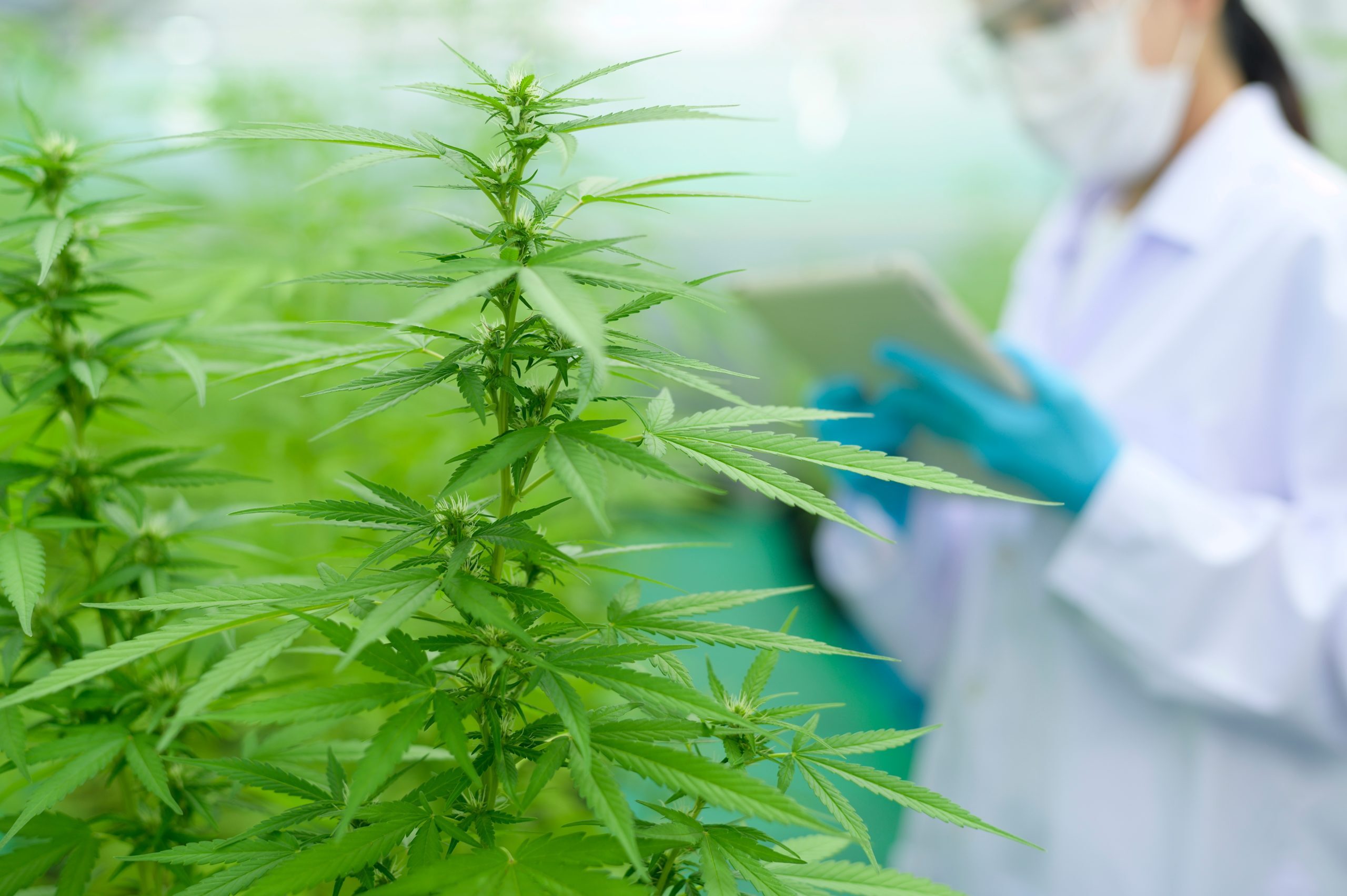

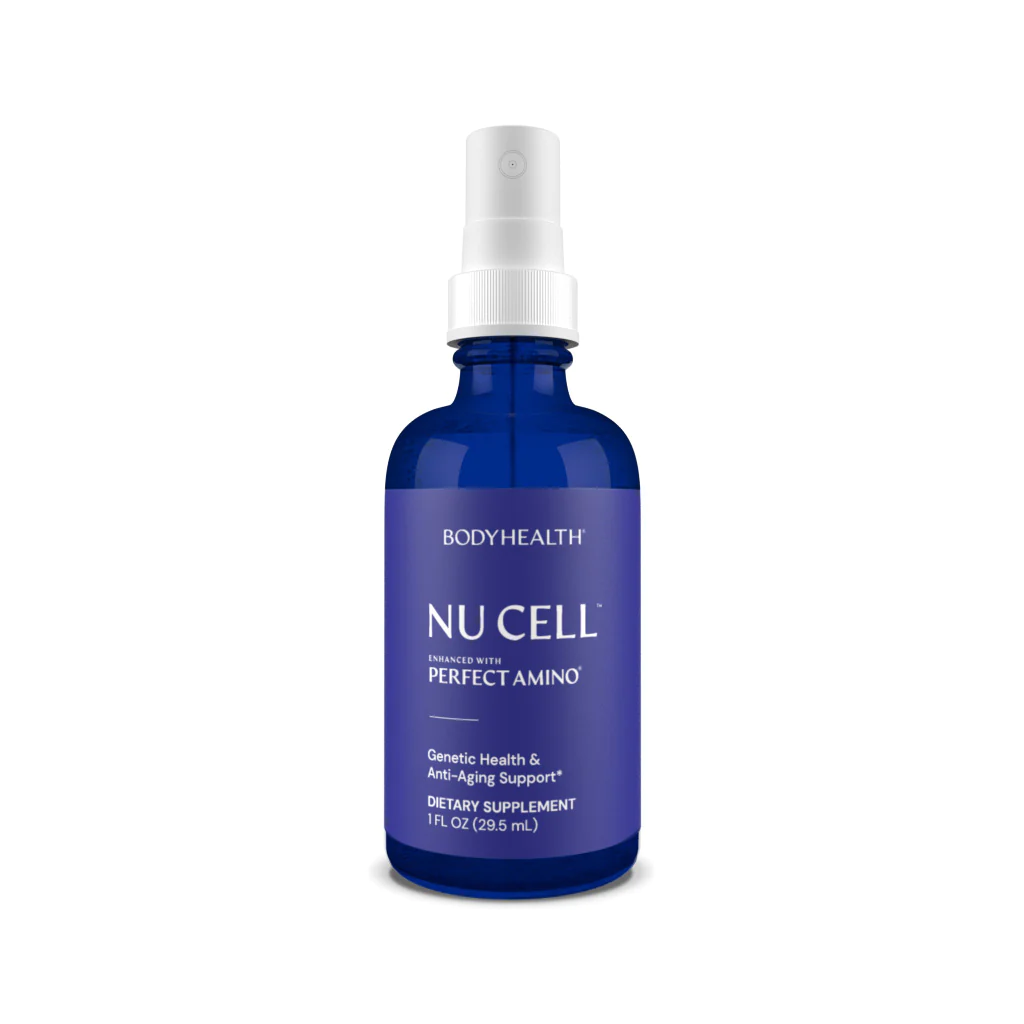
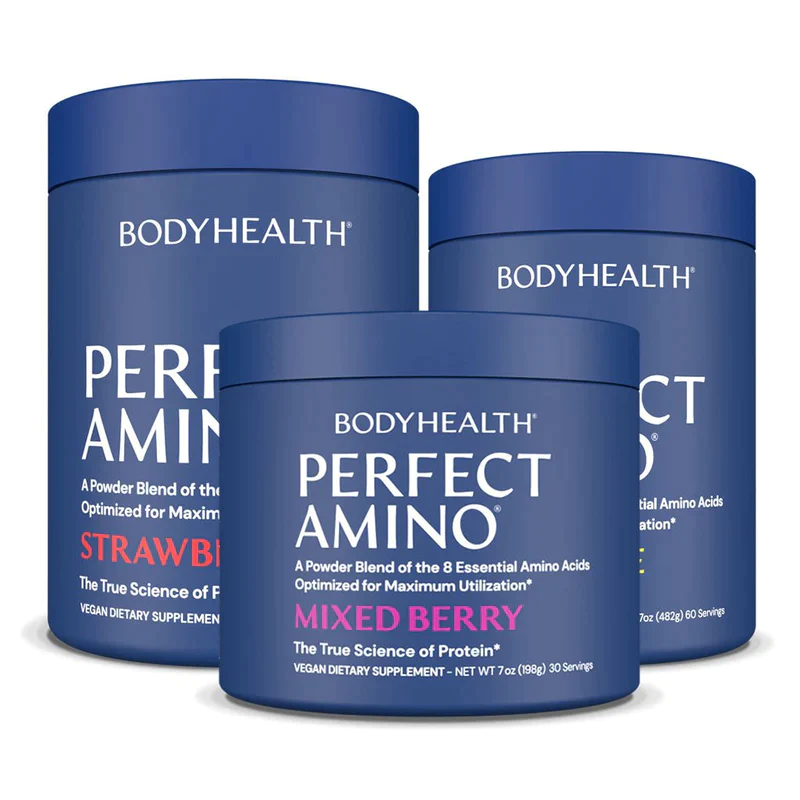
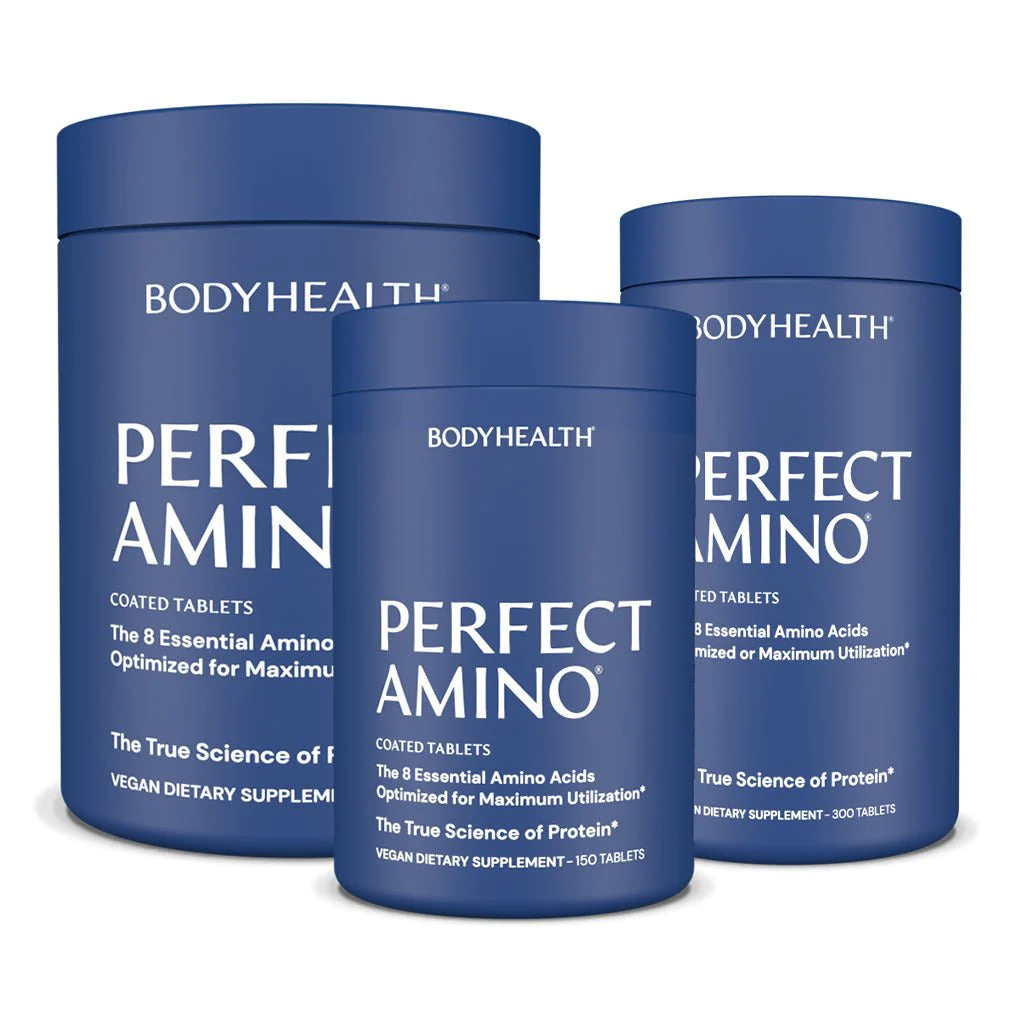
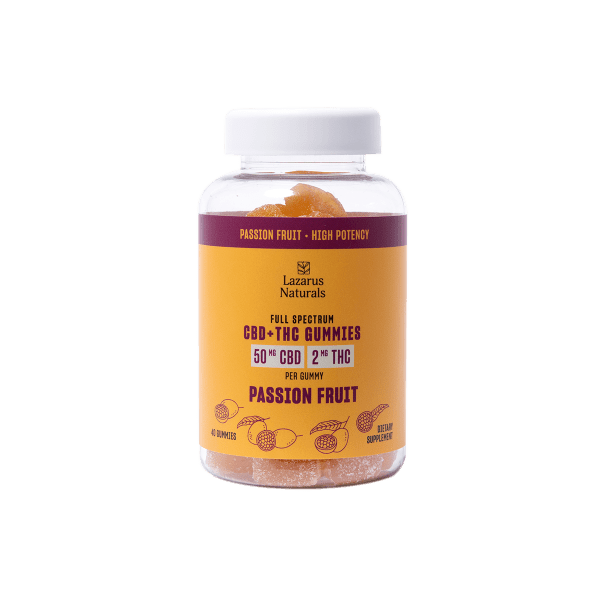
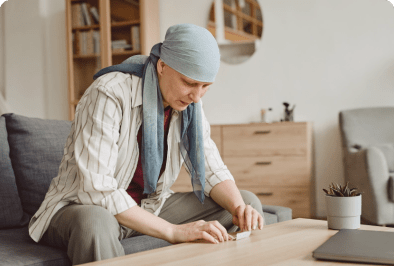
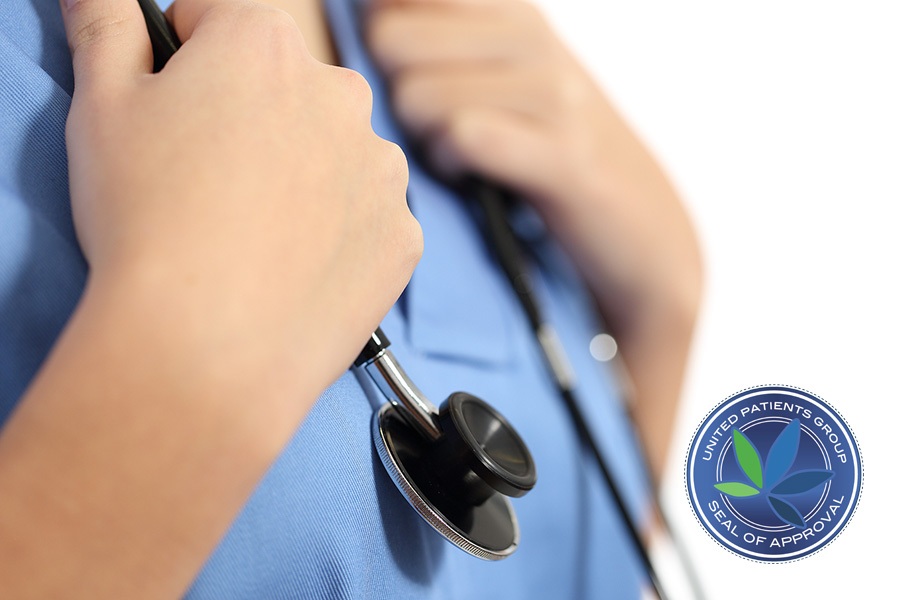
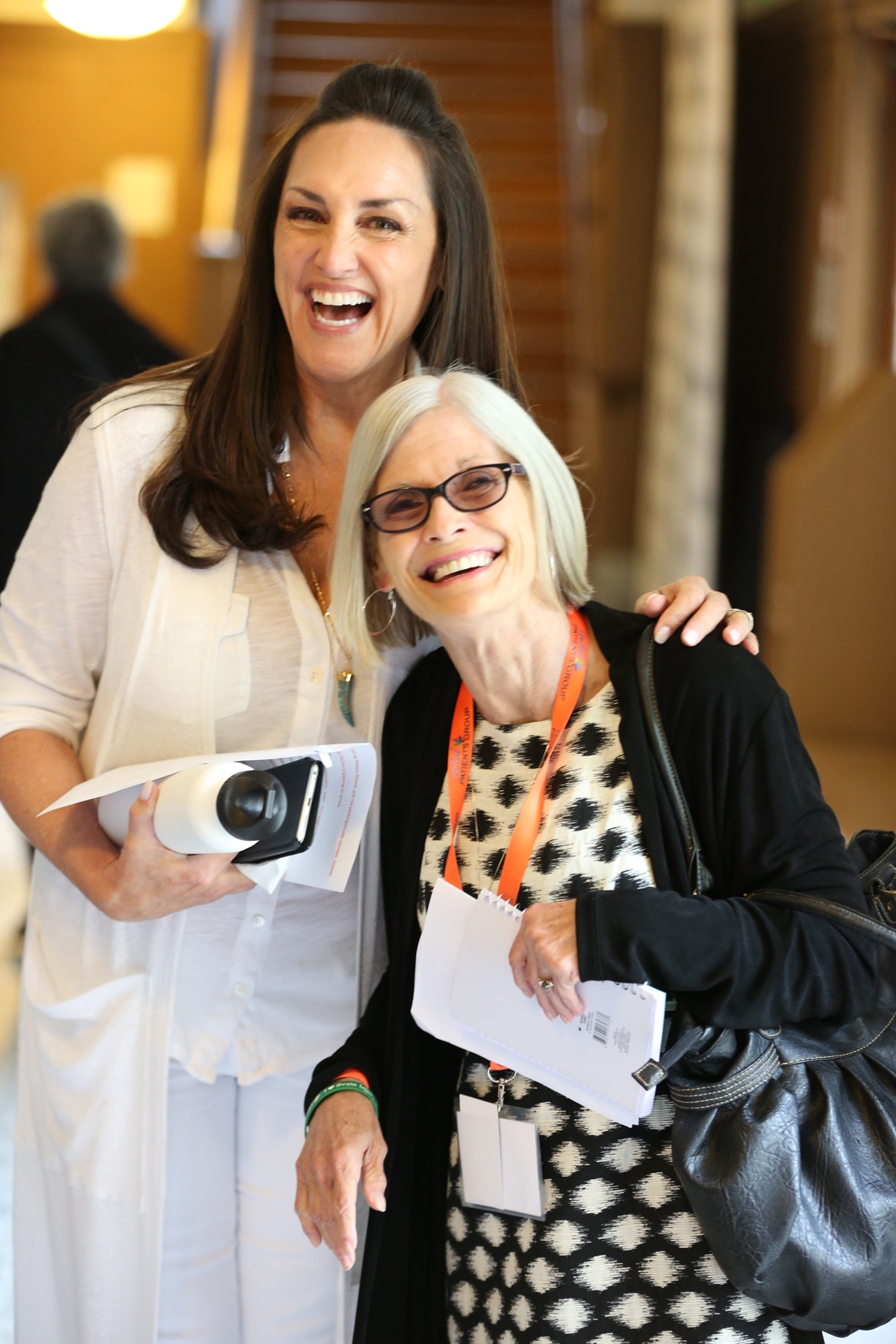


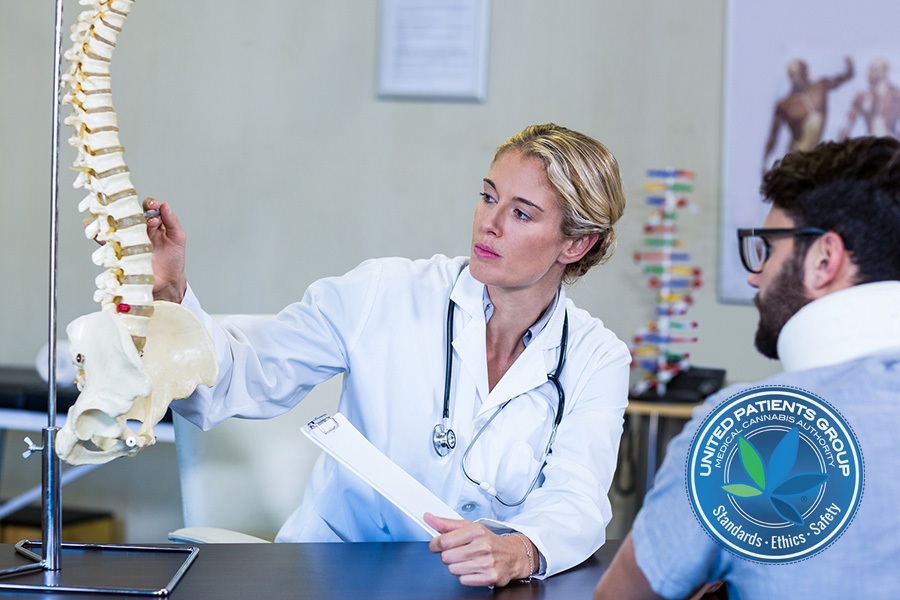

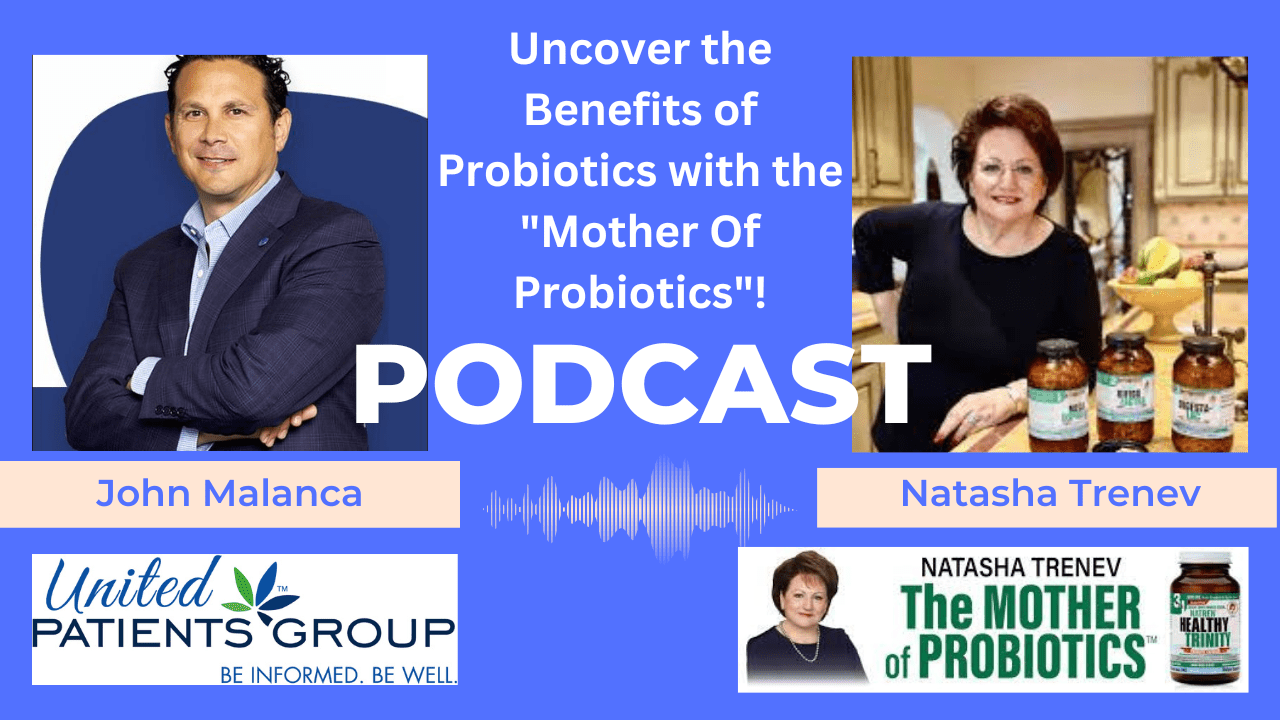
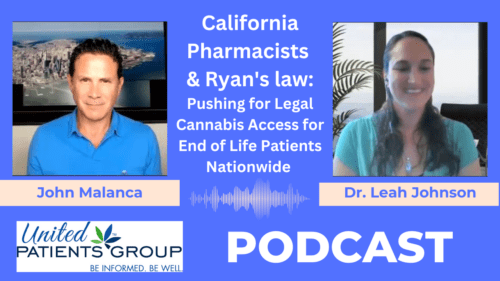

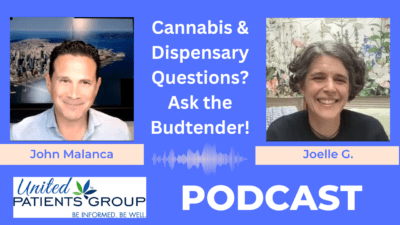
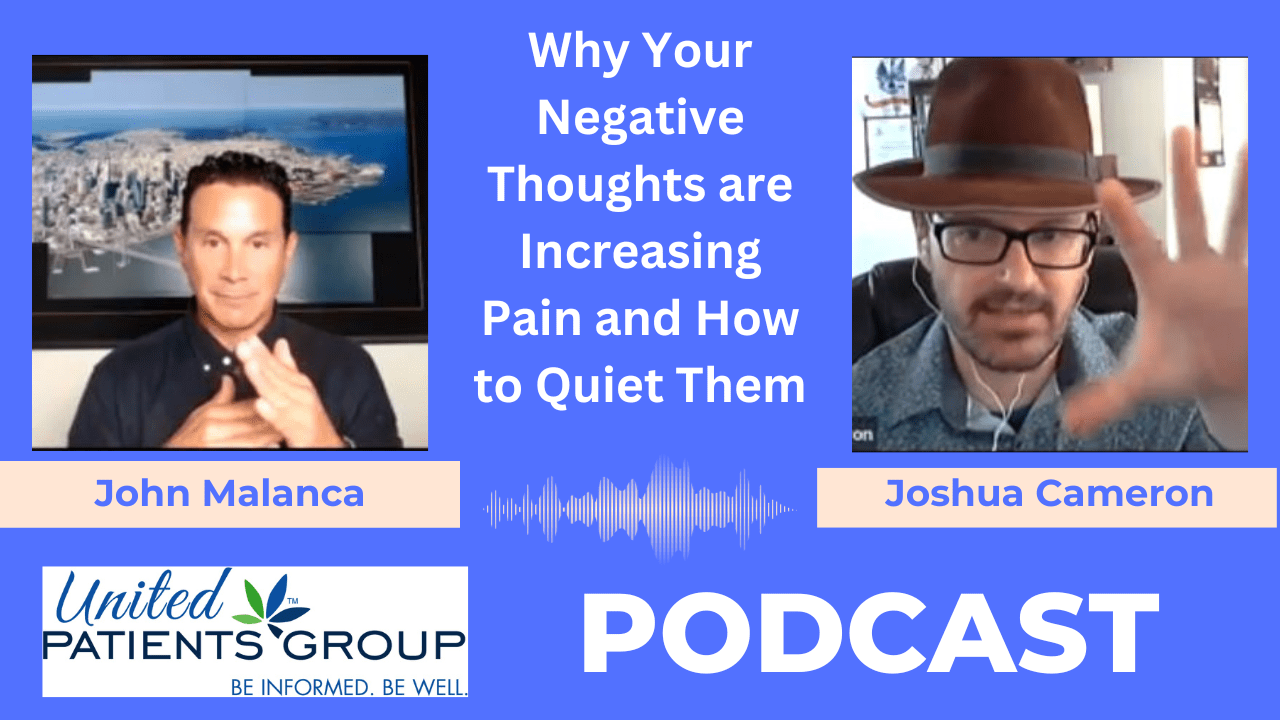
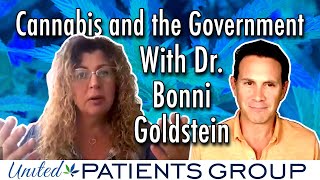


















I am hoping that cannabis can provide relief to cancer patients that are undergoing chemo. I have read that cancer patients are going through a great deal after each sessions. If cannabis can give them relief then why not?